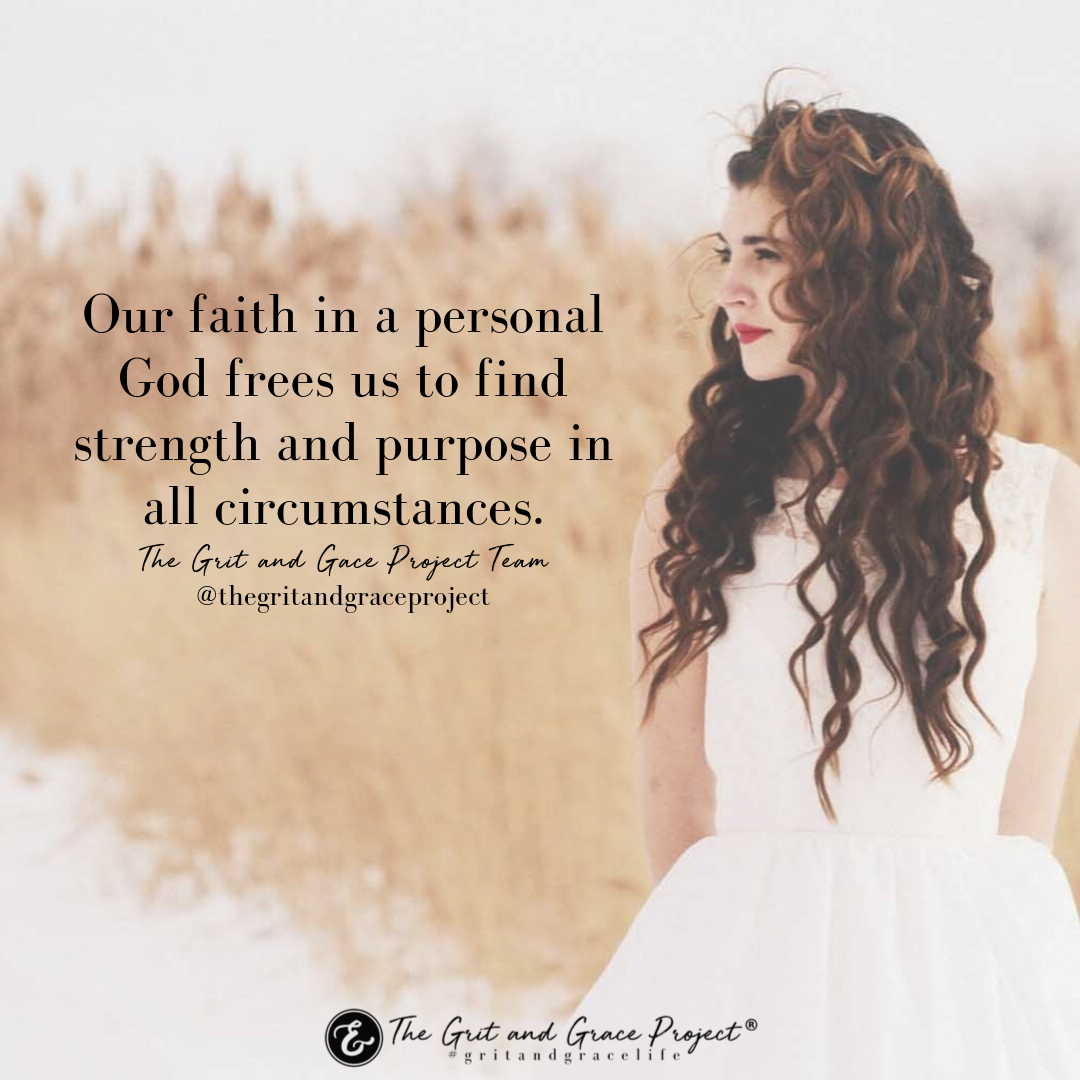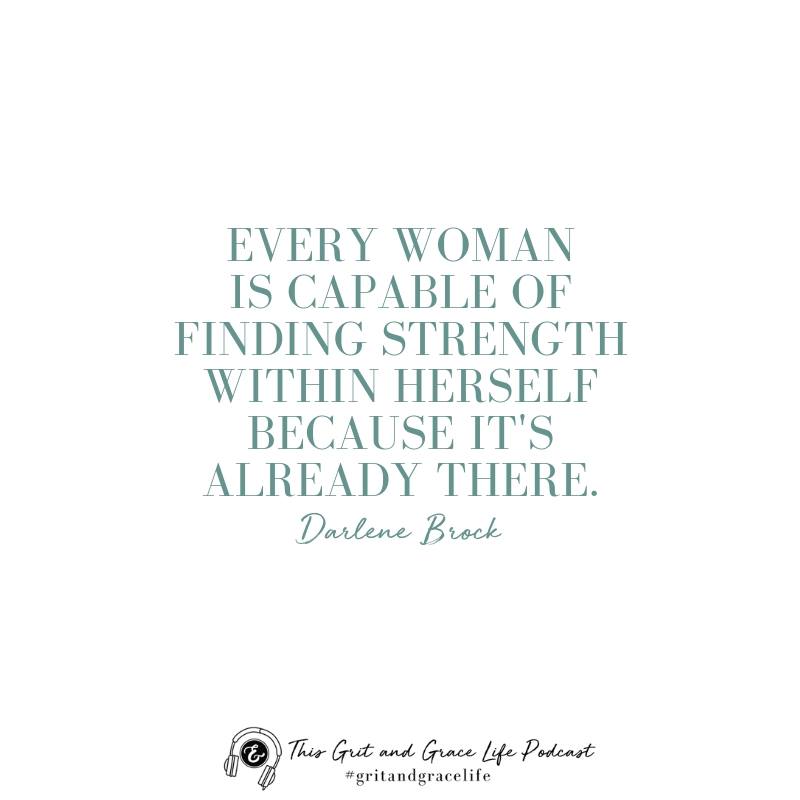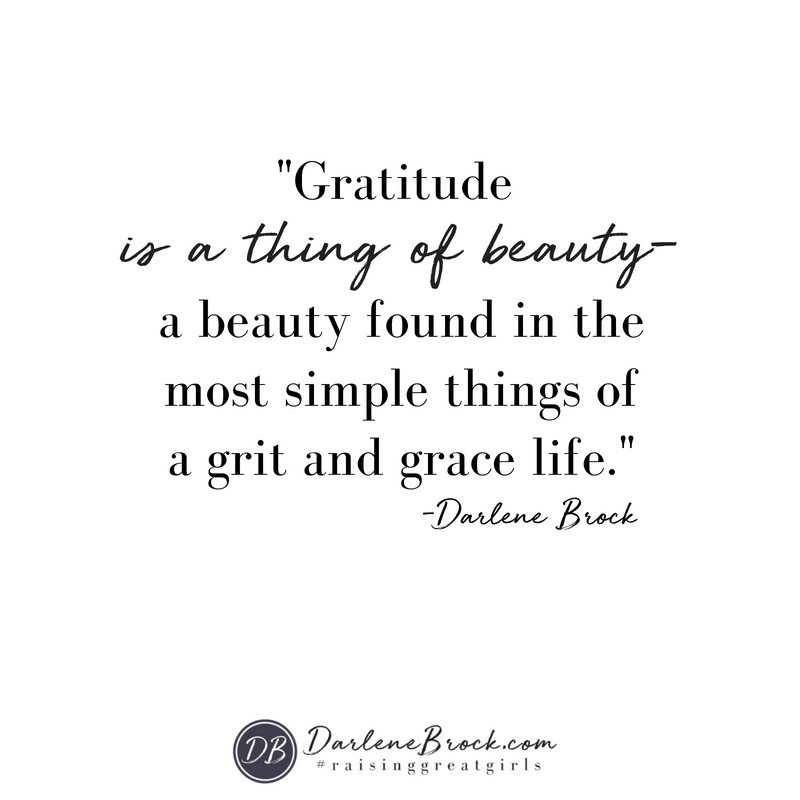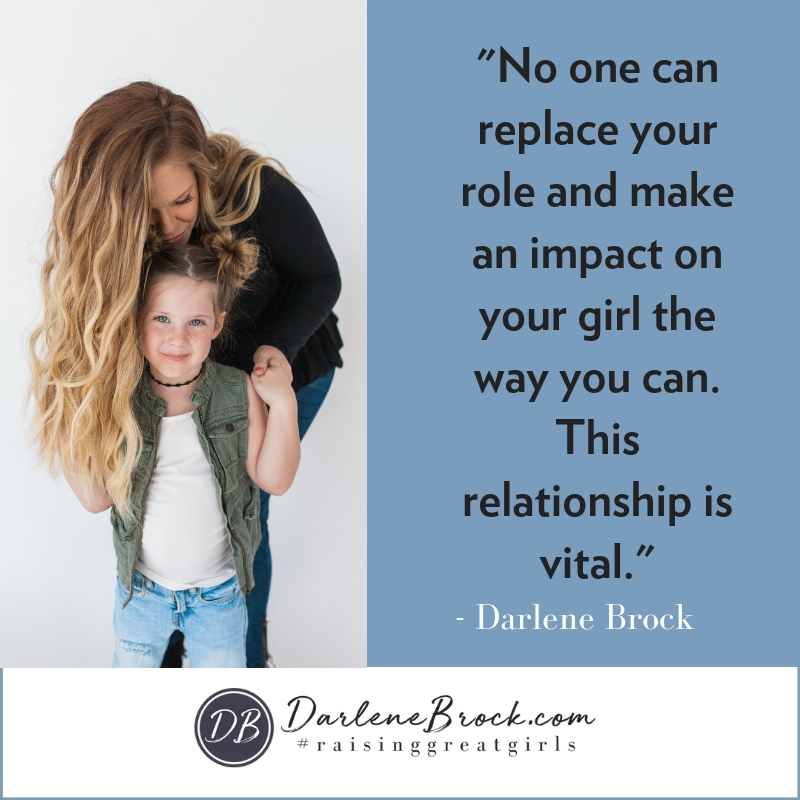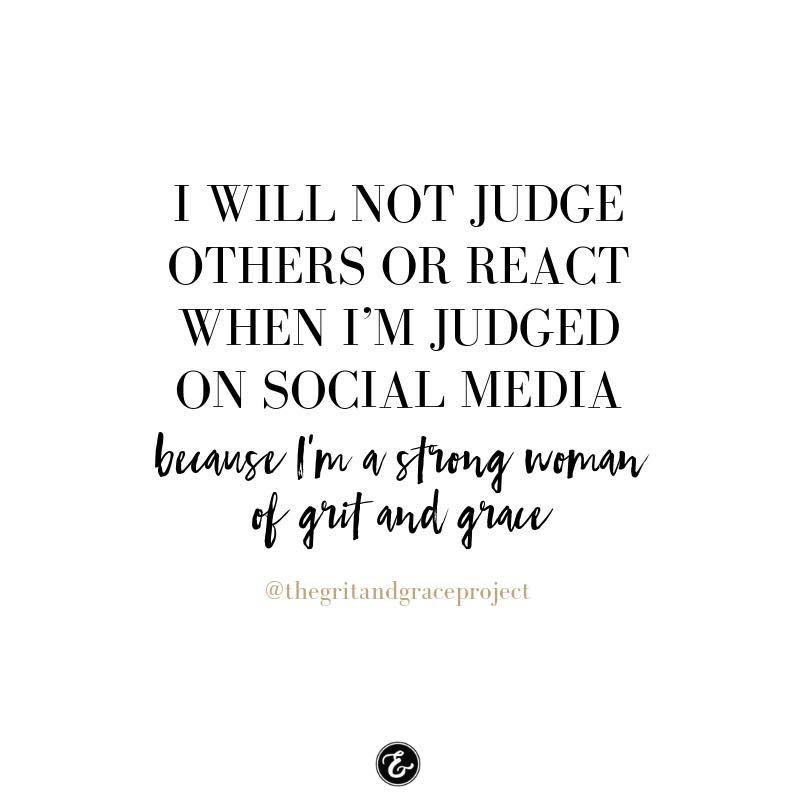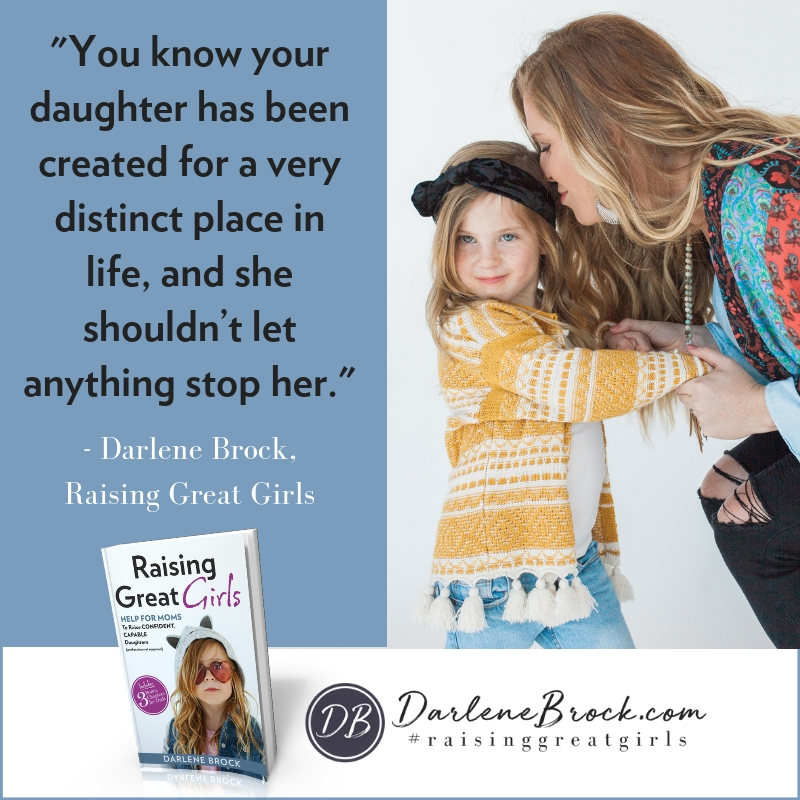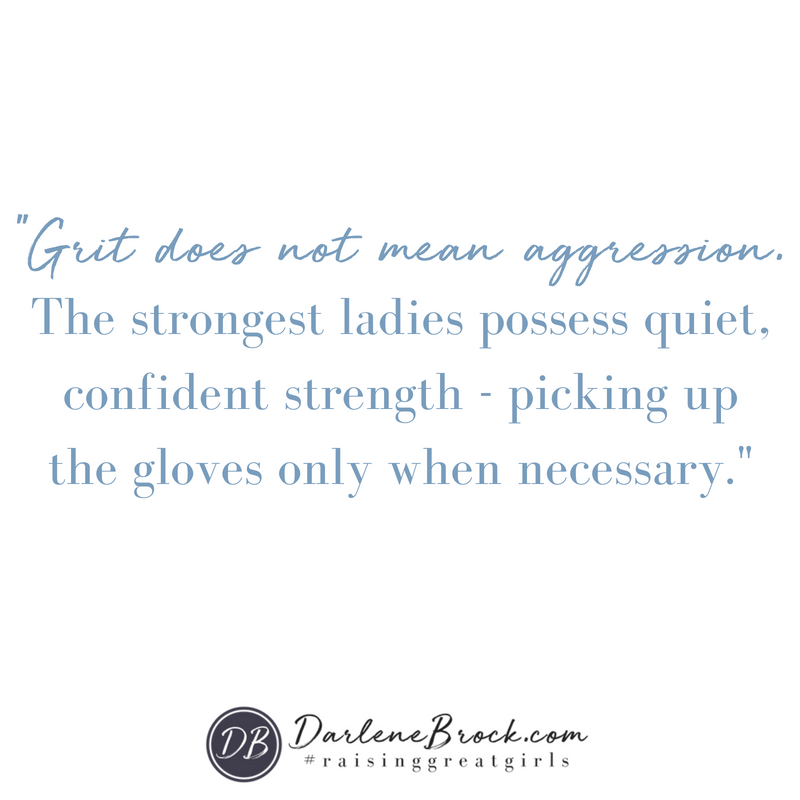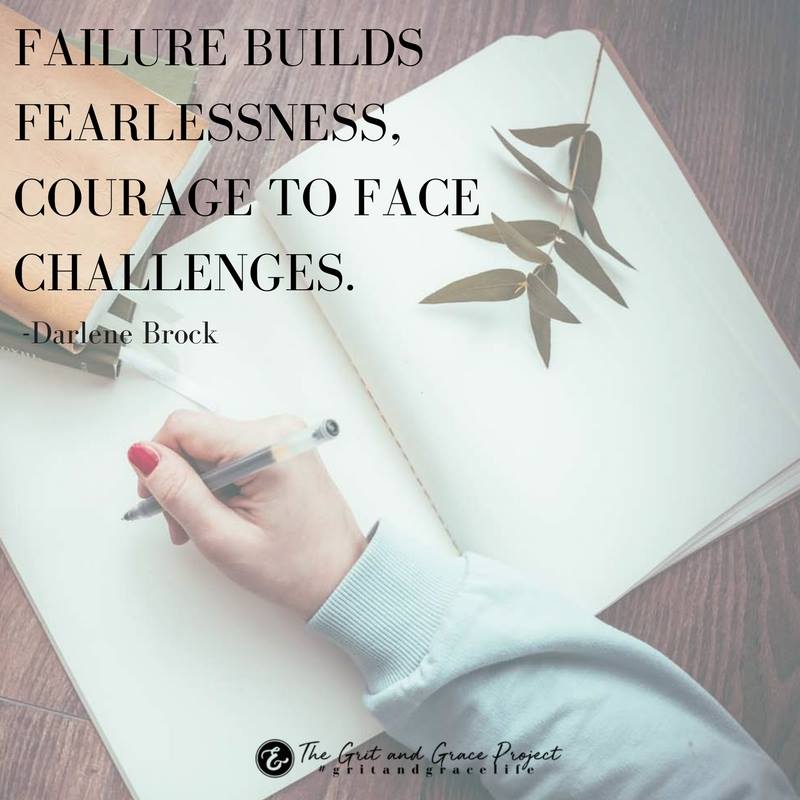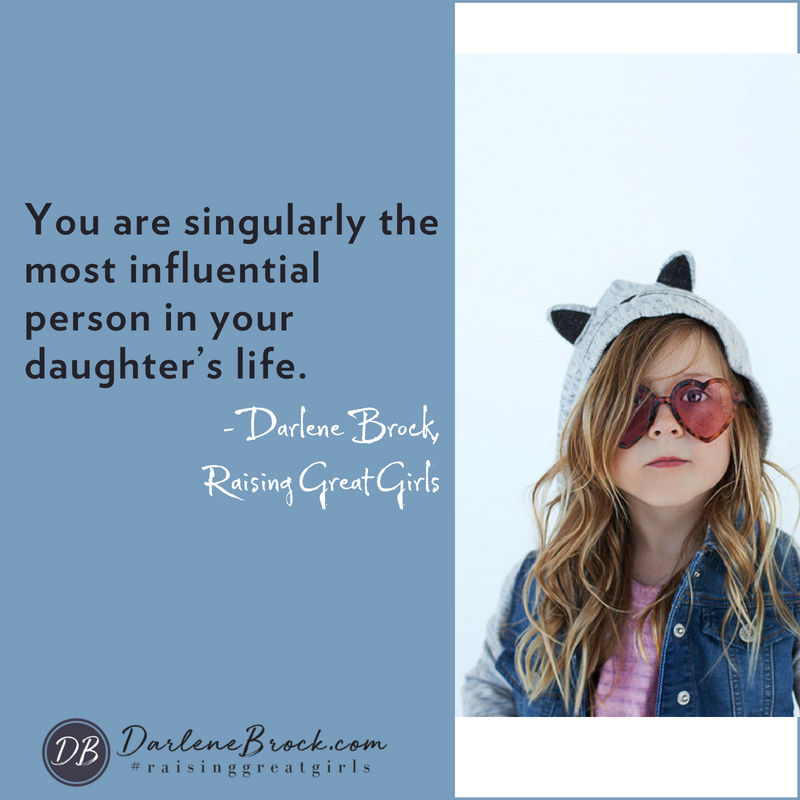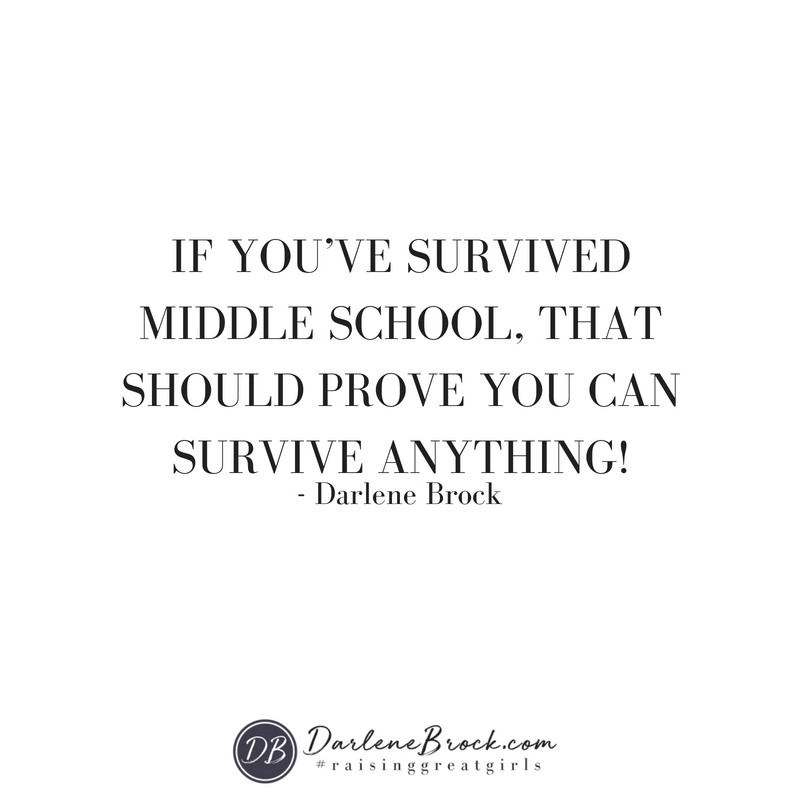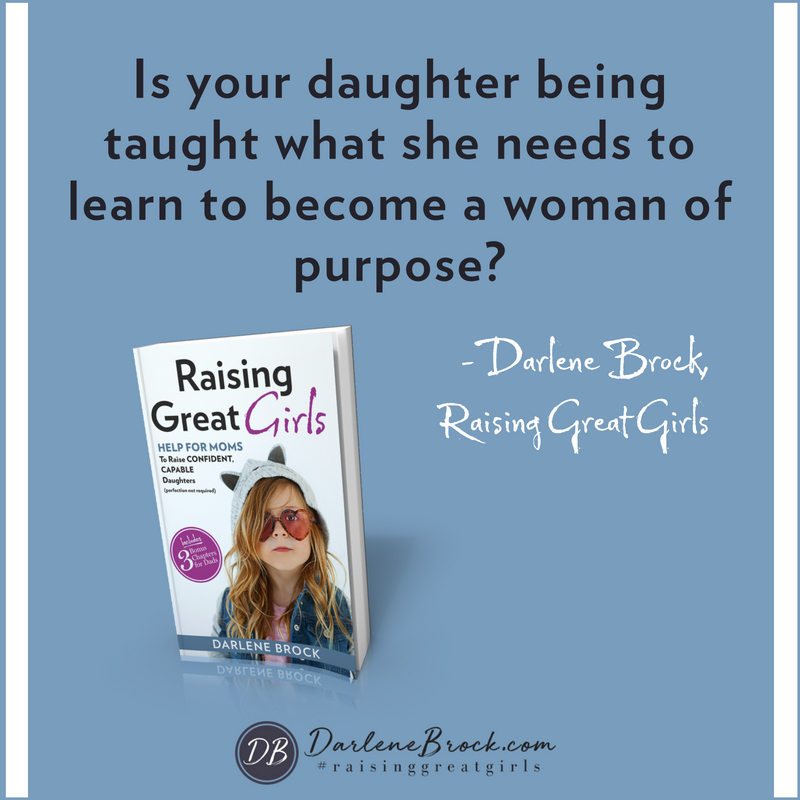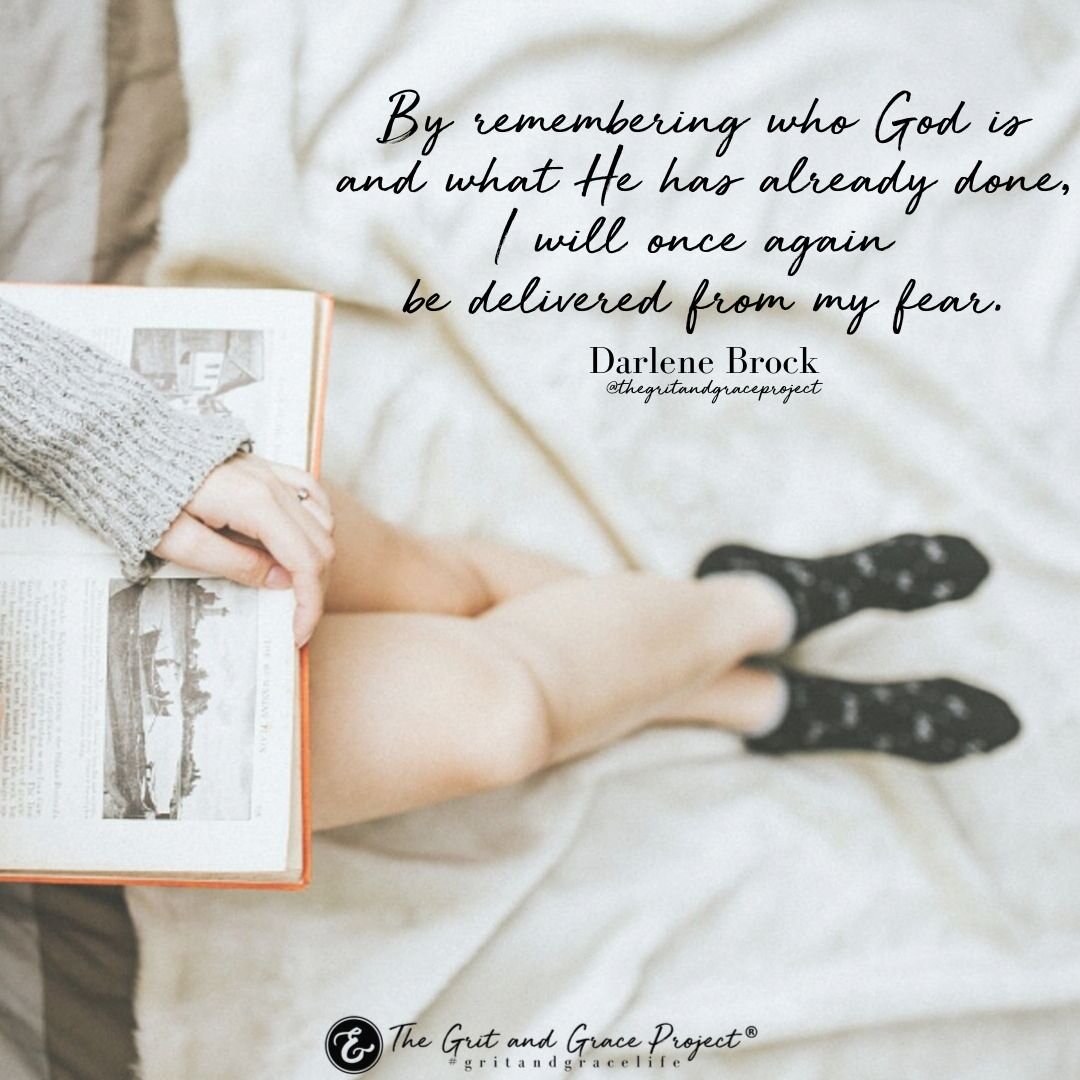People Are Becoming Increasingly Lonely: Here’s How to Fight It
/As I sat down with my second cup of coffee to follow my morning ritual, I scanned my emails when an article caught my attention: Study Reveals Loneliness at Epidemic Levels in America. The results of the study conducted by health insurer Cigna stated that nearly half of Americans surveyed sometimes or always feel left out with only 53% saying they have meaningful in-person social interactions.1
Loneliness has plagued all of us through time, sometimes leaving us feeling lost for a few hours or a few days, other seasons we may discover we awaken each morning and end each day with a chronic hurt and ache that lay within the feeling of aloneness. What surprised me most in this current survey was the results for each generation. A summary from NPR cited these statistics: Members of Generation Z, born between the mid-1990s and the early 2000s, had an overall loneliness score of 48.3. Millennials, just a little bit older, scored 45.3. By comparison, Baby Boomers scored 42.4. The Greatest Generation, people ages 72 and above, had a score of 38.6 on the loneliness scale.
I imagine you, like myself, would have assumed the exact opposite. We perceive the older generation as isolated and the younger as busy, active and engaged. While that may be true in simple life activity, it is not true in relationships.
Loneliness may be plaguing someone you know, you work with, someone you briefly encounter in your day, or perhaps this is even you. But this survey along with others show us there is indeed an epidemic. Unlike a disease or virus that we have no control over, this is one that we can and should attack. I think if those of us who don’t struggle with loneliness took a little time and made a bit of an effort, we could reduce this percentage. And if you’re one who does struggle, put aside those insecurities and feelings of inadequacy to take a few steps toward building those relationships that hold so much value.
Let me give you a few ideas of things that can make a real difference:
Be the initiator.
Be the first to reach out, create the opportunity, or offer the invitation. It could be a neighbor, classmate, friend of a friend, or even the server at the restaurant you frequent. If the percentages are true, nearly 50% of the people you encounter would welcome the exchange.
Give more than a handshake.
If you’re at an event, club meeting, or church service, have you considered saying more than “Good morning?” Ask their name, where are they from, find something to compliment, just give something a little extra that makes them know they matter.
Loneliness may be plaguing someone you know, you work with, someone you briefly encounter in your day, or perhaps this is even you.
Offer your most precious gift, time.
Maybe we take a plate of cookies (even if they are store bought) over to the new neighbor as they close the moving van. Give a few extra minutes to a co-worker when you see they need it. Take those extra minutes to chat when walking your dog, even if you’re being tangled in the leash. (Click here for more ideas on how to reach out!)
Look others in the eye.
There is nothing that makes someone feel more alone than when they think everything else in your life is more important than they are. Don’t glance at the Apple watch, cell phone, or even over their shoulder at what is happening behind them. Make sure they are the focus of your attention.
Ask questions.
Real questions. The most significant solution to loneliness is finding someone who cares about our lives. Not just the surface high spot, but the real honest, joyful, challenging parts of our lives.
The next time you enter a room of 100, realize that nearly half are battling loneliness. If you’re one who is in that battle, I want you to know you are not alone, in your feelings, or your hurt. People in every event, every workplace, every family feel just as you do. Reach out as well; you may discover a relationship you didn’t know was there.
One of the very early Beatles songs, entitled Eleanor Rigby, is profound in its lyrics and amazingly sad in its observation. Its chorus asked a few questions that I think deserve an answer:
All the lonely people
Where do they all come from
All the lonely people
Where do they all belong
Where do they come from? Our hurried, disinterested society. Where do they belong? They belong with us, with you and with me; as a part of our community, our neighborhood, our church, our family, our lives. May we seek them out to let them know they are not alone.











